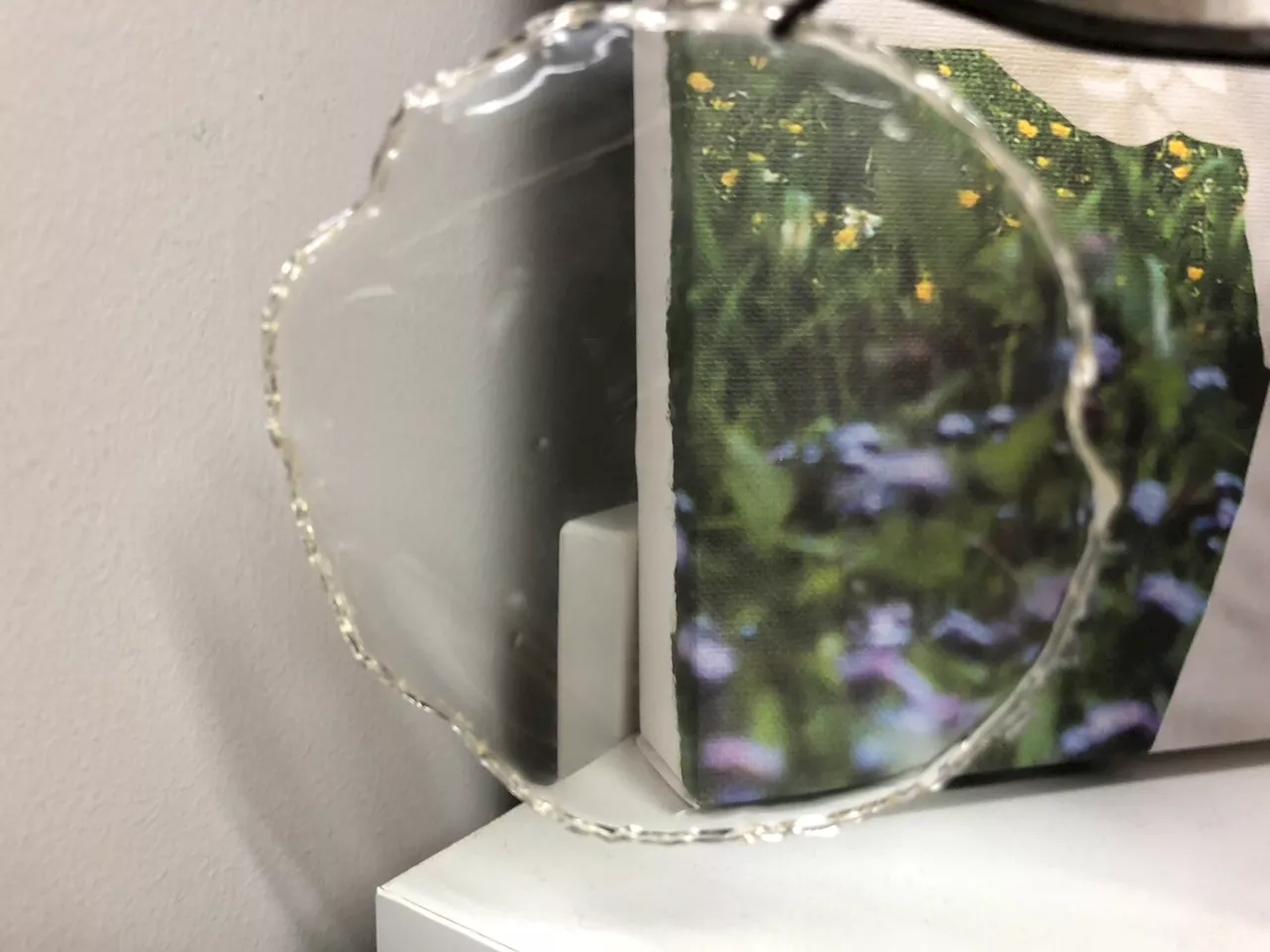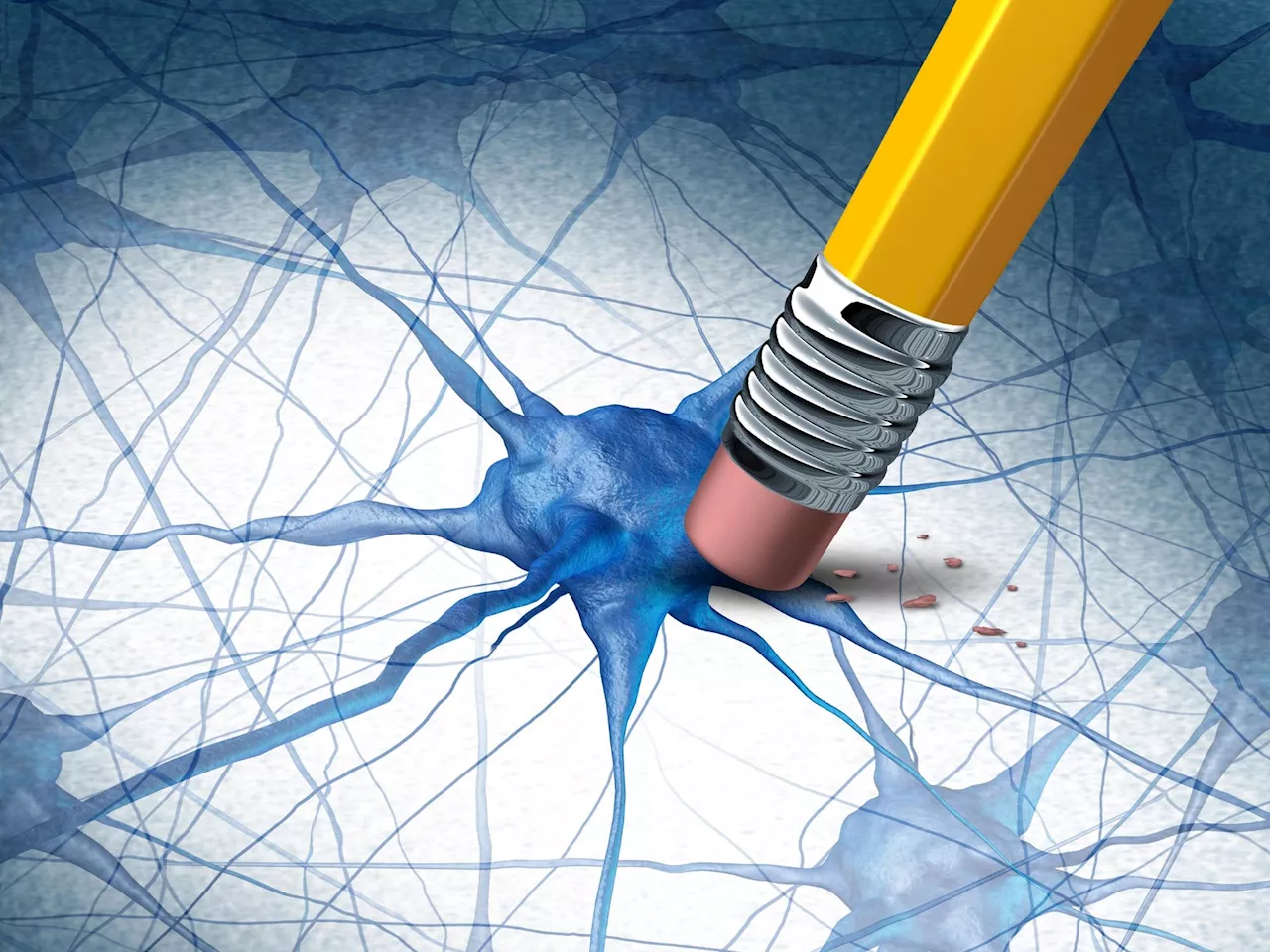Science, Space and Technology News 2024
Researchers at the University of North Carolina at Chapel Hill have introduced an innovative drug delivery system using amyloid fibers that respond to body heat by untwisting, potentially offering a new way to treat neurodegenerative diseases. This system builds on the understanding of how amyloid plaques, associated with Alzheimer’s disease, form and progress, offering hope for reversing their effects.
UNC-Chapel Hill researcher Ronit Freeman is leading a research group with investigators from the Lynn lab at Emory University looked at the core beta amyloid-42 peptide, the key portion driving amyloid plaque assembly and deposits in the brains of patients with Alzheimer’s disease. By creating synthetic variations of the peptide in the lab, they were able to discover how to control the way that these molecules assemble and twist.
Using advanced spectroscopic techniques, the researchers probed how individual peptides interact, revealing information about assembly rates, distances between peptides, peptide alignment, and importantly the direction of twist. High-resolution electron and fluorescent microscopy were used to characterize the morphology of the materials at different temperatures.
The investigators identified that the N-terminal domain of the peptide is important for programming the shape of the assembly such as tubes, ribbons, or fibers, while C-terminal modifications direct either a left- or right-handed twist within the material. Using these design rules, a series of peptides were tuned to switch on-demand between left-handed and right-handed twisted ribbons in response to changing temperatures.
Reference: “Uncovering supramolecular chirality codes for the design of tunable biomaterials” by Stephen J. Klawa, Michelle Lee, Kyle D. Riker, Tengyue Jian, Qunzhao Wang, Yuan Gao, Margaret L. Daly, Shreeya Bhonge, W. Seth Childers, Tolulope O. Omosun, Anil K. Mehta, David G. Lynn and Ronit Freeman, 26 January 2024,SciTechDaily: Home of the best science and technology news since 1998. Keep up with the latest scitech news via email or social media.
United States Latest News, United States Headlines
Similar News:You can also read news stories similar to this one that we have collected from other news sources.
 Researchers discover tightest arrangement of bilayer alkali metals between graphene layersResearchers at AIST, in collaboration with Osaka University, Tokyo Polytechnic University, Kyushu University, and National Tsing Hua University, have developed a technique to insert alkali metals into the interlayers of graphene, which is a single layer of carbon atoms arranged in a hexagonal lattice.
Researchers discover tightest arrangement of bilayer alkali metals between graphene layersResearchers at AIST, in collaboration with Osaka University, Tokyo Polytechnic University, Kyushu University, and National Tsing Hua University, have developed a technique to insert alkali metals into the interlayers of graphene, which is a single layer of carbon atoms arranged in a hexagonal lattice.
Read more »
 Researchers discover new route to recyclable polymers from plantsResearchers at Hokkaido University have taken a significant step forward in the drive to make recyclable yet stable plastics from plant materials. This is a key requirement to reduce the burden of plastic pollution in the environment.
Researchers discover new route to recyclable polymers from plantsResearchers at Hokkaido University have taken a significant step forward in the drive to make recyclable yet stable plastics from plant materials. This is a key requirement to reduce the burden of plastic pollution in the environment.
Read more »
 Researchers discover evolutionary 'tipping point' in fungiScientists have found a 'tipping point' in the evolution of fungi that throttles their growth and sculpts their shapes. The findings demonstrate how small changes in environmental factors can lead to huge changes in evolutionary outcomes.
Researchers discover evolutionary 'tipping point' in fungiScientists have found a 'tipping point' in the evolution of fungi that throttles their growth and sculpts their shapes. The findings demonstrate how small changes in environmental factors can lead to huge changes in evolutionary outcomes.
Read more »
 Johns Hopkins Researchers Discover Concerning Levels of Lead in Chicago Tap WaterScience, Space and Technology News 2024
Johns Hopkins Researchers Discover Concerning Levels of Lead in Chicago Tap WaterScience, Space and Technology News 2024
Read more »
 Researchers discover key gene for toxic alkaloid in barleyAll plants mediate their environmental interactions via chemical signals. An example is the alkaloid gramine produced by barley, one of the world's most widely-grown cereals. Gramine provides protection against herbivorous insects and grazing animals and inhibits the growth of other plants.
Researchers discover key gene for toxic alkaloid in barleyAll plants mediate their environmental interactions via chemical signals. An example is the alkaloid gramine produced by barley, one of the world's most widely-grown cereals. Gramine provides protection against herbivorous insects and grazing animals and inhibits the growth of other plants.
Read more »
